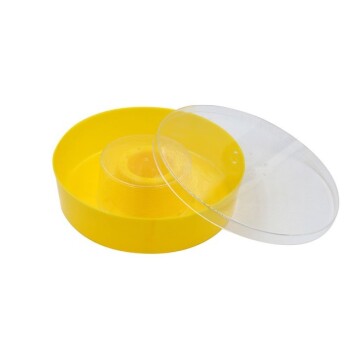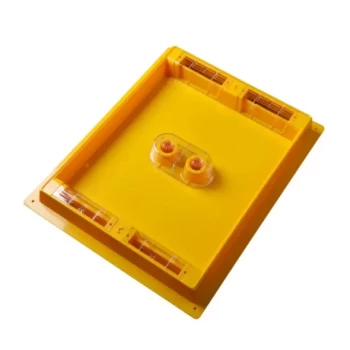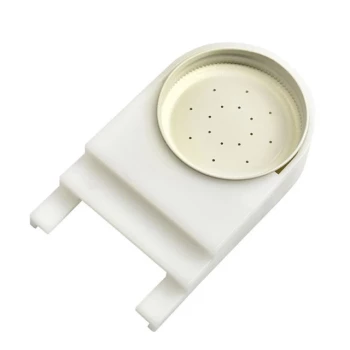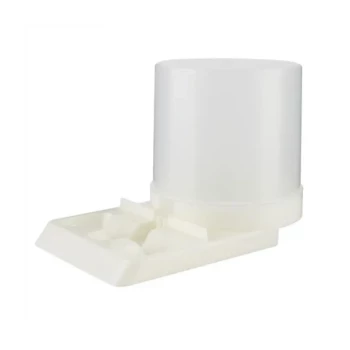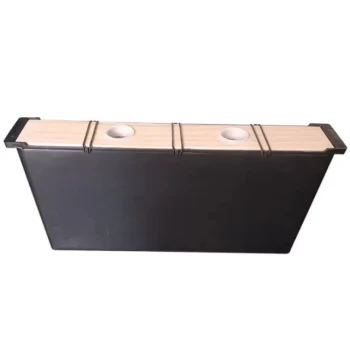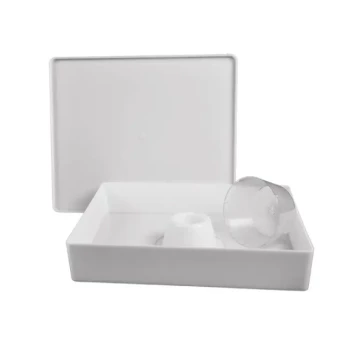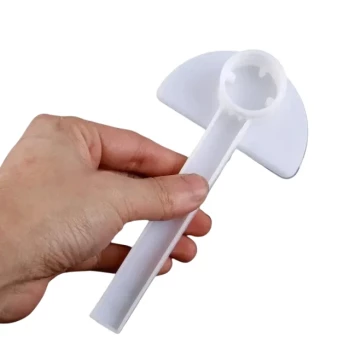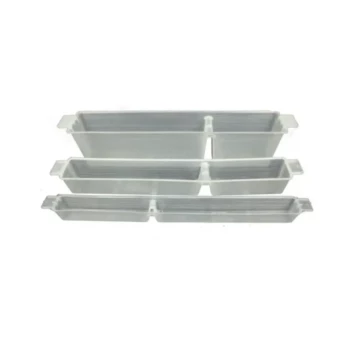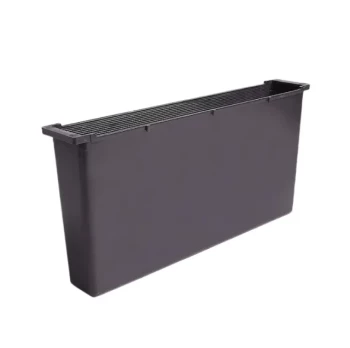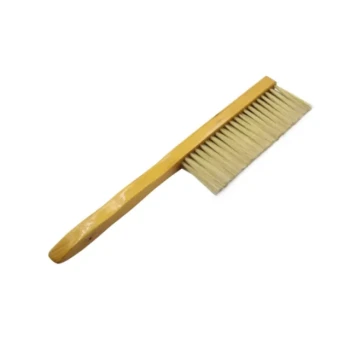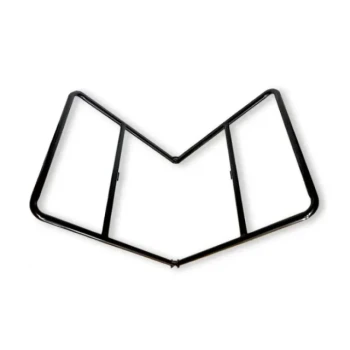Under the right circumstances, feeding bees has little to no impact on the quality of the honey they eventually produce. The critical factor is timing. Supplemental feeding is a tool to ensure colony survival during periods of nectar scarcity, and responsible beekeepers cease feeding well before the bees begin to produce and store surplus honey.
The quality of honey is determined not by whether bees are fed, but by when and why. Strategic feeding supports colony health without ever mixing with the final honey harvest, whose character is defined by floral nectar and clean hive management.
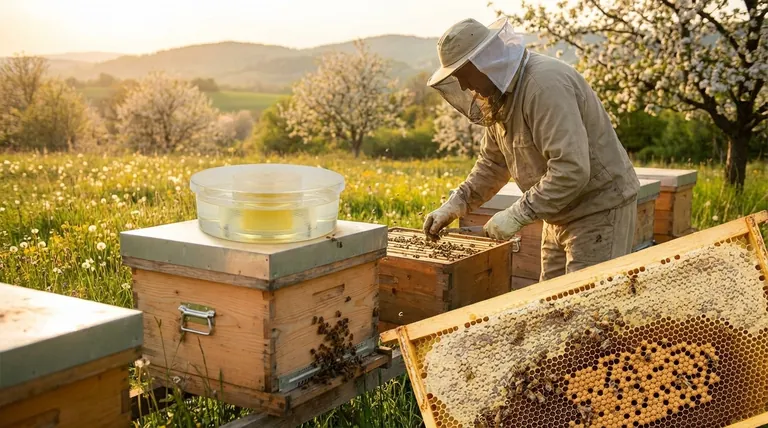
The Purpose of Feeding vs. Honey Production
Understanding the distinction between feeding for survival and the natural process of honey creation is essential. These two activities occur at different times and for entirely different reasons.
Feeding for Survival
Beekeepers provide a sugar syrup substitute for nectar in specific, critical situations. This includes helping a newly established colony build its strength, or preventing starvation during late winter, early spring, or a summer "dearth" when no flowers are blooming.
In these scenarios, the bees consume the syrup immediately for energy and to raise brood. It is not stored long-term in the way honey is.
The Natural Honey Flow
The "honey flow" is the period when abundant flowers are producing nectar. This is when bees forage intensely and collect far more nectar than they need for their immediate survival.
It is this surplus nectar that bees convert into honey and store in the hive. Beekeepers harvest only this surplus, leaving the colony with enough of its own food stores.
How Contamination is Avoided
A core principle of responsible beekeeping is to stop all supplemental feeding before the main honey flow begins.
Beekeepers wait until the colony has consumed any remaining syrup before adding the boxes, known as "honey supers," where the surplus honey will be stored. This creates a clear separation between the survival food (syrup) and the harvestable product (honey).
What Truly Defines Honey Quality?
If timed feeding isn't the issue, what factors are responsible for the taste, color, and purity of high-quality honey? The answer lies in the flowers and the beekeeper's management of the hive itself.
The Dominant Nectar Source
The single greatest influence on honey's flavor, aroma, and color is the floral source of the nectar. Honey made from clover is light and mild, while honey from buckwheat is dark and robust. This is the essence of honey's variety and quality.
Hive Management Practices
The physical management of the hive plays a crucial role in the purity of the final product. A key tool is the queen excluder, a screen that prevents the larger queen from accessing the honey supers.
By keeping the queen in the lower "brood boxes," the beekeeper ensures that the honey supers are used exclusively for storing honey, not for laying eggs and raising young bees (brood).
The Importance of Brood-Free Combs
Brood combs naturally contain pollen and other hive materials necessary for raising young bees. Extracting honey from these frames can introduce these "impurities" into the final product.
By using a queen excluder and harvesting only from brood-free honey supers, beekeepers ensure a much cleaner extraction and a purer final product.
Understanding the Key Trade-off
The primary risk is not in the act of feeding itself, but in the consequence of doing it at the wrong time.
The Risk of Adulteration
Feeding bees sugar syrup during a honey flow is a critical error. If bees have access to syrup while also collecting nectar, they will likely store both in the honey supers.
This mixture is not true honey. It dilutes the natural product with processed sugar water, impacting its flavor, nutritional value, and classification. Honey that has been adulterated with sugar syrup cannot be sold as pure honey.
Making the Right Choice for Your Goal
Your approach should be guided by the specific needs of your colony at any given time of year.
- If your primary focus is colony survival: Feed your bees a sugar syrup solution during periods of dearth, but ensure you stop as soon as natural nectar sources become available and before you add honey supers.
- If your primary focus is pure, high-quality honey: Never feed during a nectar flow and use a queen excluder to keep your honey supers dedicated solely to clean honey storage.
Ultimately, proper timing is the principle that allows beekeepers to nurture healthy, thriving colonies while producing a pure and unadulterated honey harvest.
Summary Table:
| Key Factor | Impact on Honey Quality | Responsible Practice |
|---|---|---|
| Feeding Timing | High risk of adulteration if done during honey flow | Stop feeding before main nectar flow begins |
| Nectar Source | Determines honey's flavor, aroma, and color | Harvest from diverse floral sources |
| Hive Management | Ensures purity and prevents contamination | Use queen excluders; harvest from brood-free supers |
| Colony Health | Healthy bees produce better honey | Feed strategically during nectar dearth for survival |
Ready to ensure your honey production meets the highest standards of purity?
At HONESTBEE, we supply commercial apiaries and beekeeping equipment distributors with the professional-grade tools needed for optimal hive management. Our wholesale-focused operations provide everything from queen excluders to honey extraction systems, helping you maintain colony health while producing premium, unadulterated honey.
Contact HONESTBEE today to discuss how our beekeeping supplies and equipment can support your quality honey production goals.
Visual Guide
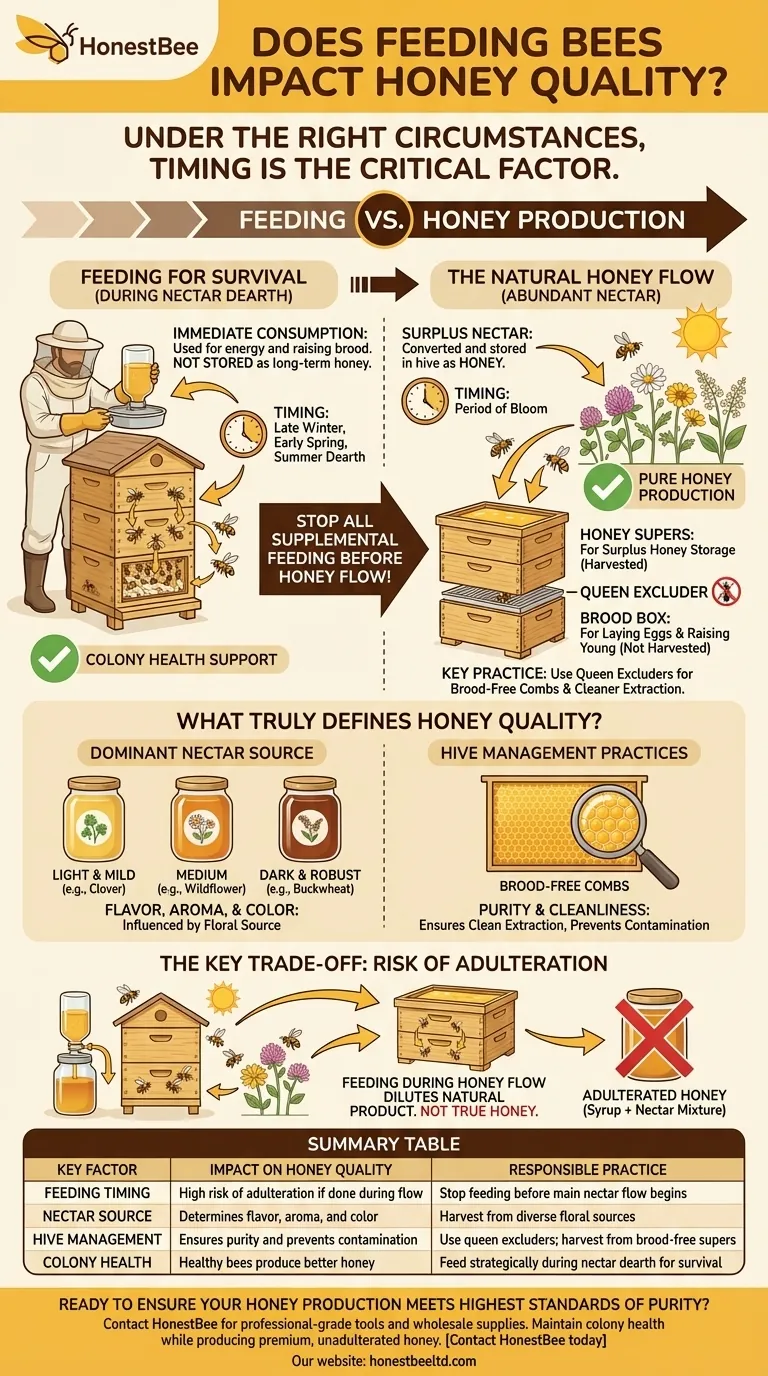
Related Products
- HONESTBEE Round Hive Top Bee Feeder for Syrup
- Rapid Bee Feeder White Plastic 2L Round Top Feeder for 8 or 10-Frame Bee Hives
- Professional Hive Top Bee Feeder for Beekeeping
- Classic Boardman Entrance Bee Feeder Hive Front Feeding Solution
- HONESTBEE Entrance Bee Feeder Professional Hive Nutrition Solution for Beekeeping
People Also Ask
- How should syrup for bees be prepared? Master the Ratio for a Thriving Hive
- What can the round hive top feeder be used for? A Guide to Efficient, Safe Bee Feeding
- How do you use a top feeder for bees? Expert Guide to Installation and High-Volume Hive Feeding
- What is a top feeder for bees? Maximize Colony Health with Efficient Feeding
- How do you set up and use a top feeder for bees? A Step-by-Step Guide for Safe Feeding
